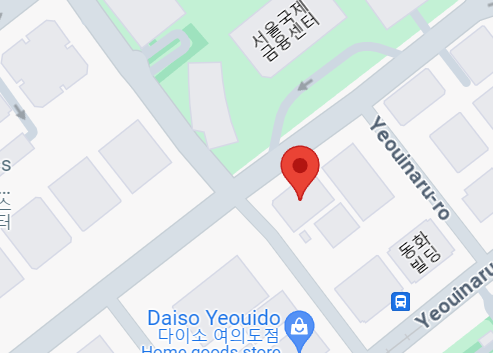
Chemical Registration in South Korea - Overview
Cleaning and disinfectant products are identified and regulated differently across countries and regions, making it challenging for the industry to place these products in different markets.
Both new and existing chemicals in South Korea are regulated by:
- Chemicals Control Act (CCA).
- Act on the Registration and Evaluation, etc. of Chemicals (AREC OR K-REACH).
Furthermore, South Korea has completely implemented the GHS for chemicals and mixtures since 2013.
Korea Biocidal Regulation (K-BPR) came into force in 2019. Similar to the EU, K-BPR requires approval of active substances, authorization of biocidal products, and labeling of treated articles. The treated articles are required to use approved active substances only.
The existing active substances that were marketed in South Korea until Dec 31, 2018, are permitted under a grace period of up to ten (10) years, provided the importers/manufacturers have obtained the designation of existing substances from the Ministry of Environment (MoE) through an application process that ended in 2020. The grace period for disinfectant products is three (03) years, which ended in December 2022. Biocidal products have a grace period of an additional two (02) years from the completion of the grace period of their active substances.
By the end of the respective grace periods, manufacturers/importers are required to submit a registration dossier with data on hazard, exposure, and efficacy to the MoE.
Consumer products, including household chemicals (cleaning products and detergents), are subject to chemical compliance with product safety and labeling standards, which further include testing for safety standards by the laboratories designated by the MoE. Additionally, manufacturers/importers must notify product information to the Korea Environmental Industry & Technology Institute (KEITI) once every three (03) years.
Keeping abreast with the stringent and changing global Regulatory dynamics for chemical products, Freyr can extensively support and provide end-to-end scientific and chemical Regulatory services in South Korea for placing the entire product portfolio.
Table 1: Chemical Regulations in South Kore
| Chemical Regulation | Biocide/ Disinfectant | Detergents/Cleaning products | General Consumer Products | Chemicals |
| Regulation | K-BPR | CCA, Product Safety and Labeling Standards (KEITI). | Product Safety and Labeling Standards (KEITI). | AREC (K-REACH). |
| Registration Requirement | Yes | Yes (Notification) | No | Yes |
| Local Representative | Yes | Yes | N/A | Yes |
| Key Data Requirements | Hazard, exposure, risk assessment, and efficacy data. | Toxicology Requirements, Adverse Events, or Previous Technical Complaints. Biodegradability, Phosphate Content, etc. | Safety & Compliance Evaluations & Testing as per National/International Standards. | Hazard, Exposure, and Risk Assessment. |
Freyr Expertise
- Product Classification and Regulatory Guidance.
- Regulatory Strategies for Market Access/Product Launch.
- Develop Product Notification/Registration Strategies.
- Regulatory Applicability Review and Interpretation.
- Prepare Technical Data Files (specifications, MSDS, etc.) Including Registration/Notification Dossiers.
- Application Preparation and Submission of Relevant Introductions and Renewals.
- Sustainability and Packaging Solutions.
- Regulatory Intelligence Services.
Freyr Advantages
- Local presence in the market with relevant expertise and experience.
- End-to-end consultation for chemical Regulatory requirements.
- Support for region-specific Regulatory complexities.
- A structured and cost-effective approach to ensure compliance in multi-market scenarios.
- Quick turnarounds and faster time-to-market.
Our Location in South Korea

#617, 17, Gukjegeumyung-ro 2-gil,
Yeongdeungpo-gu,
Seoul, Republic of Korea,
South Korea
